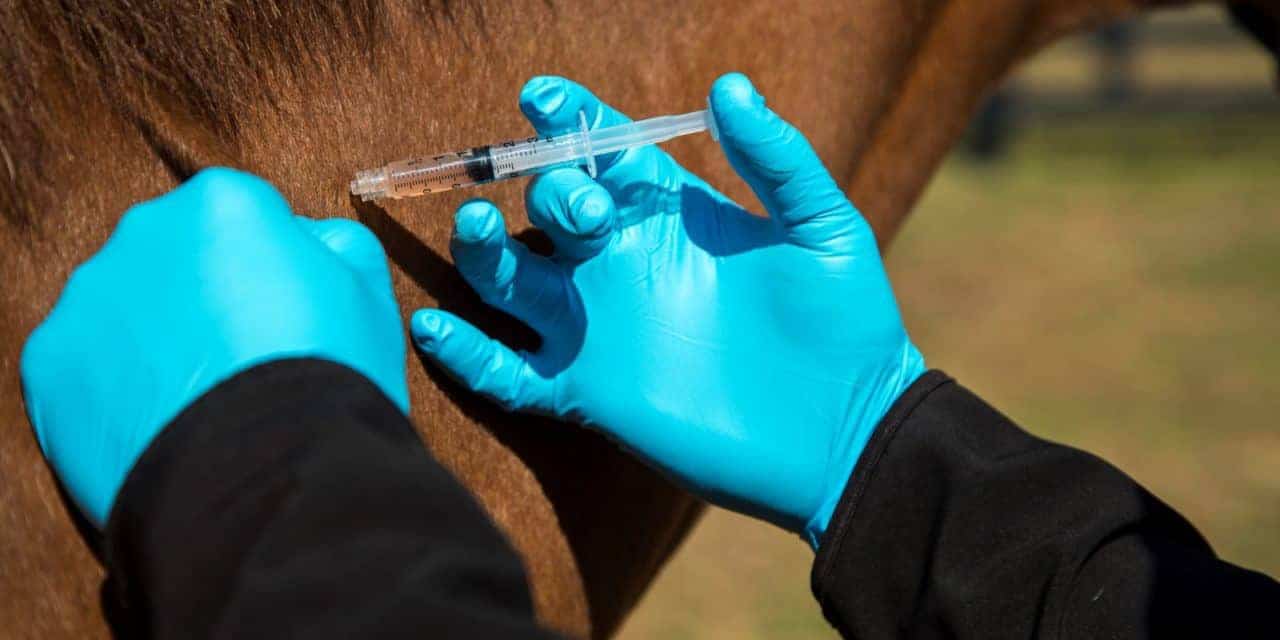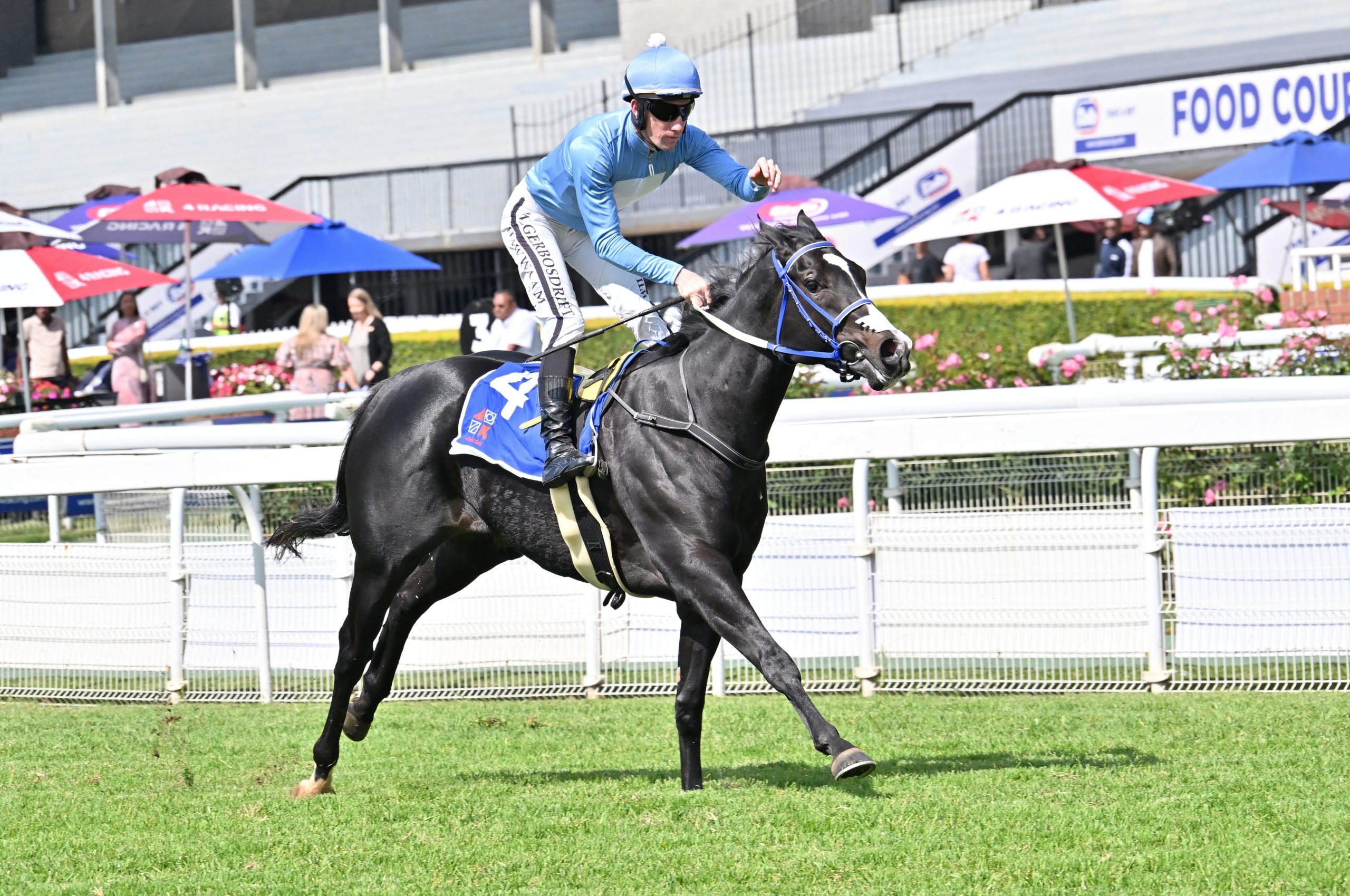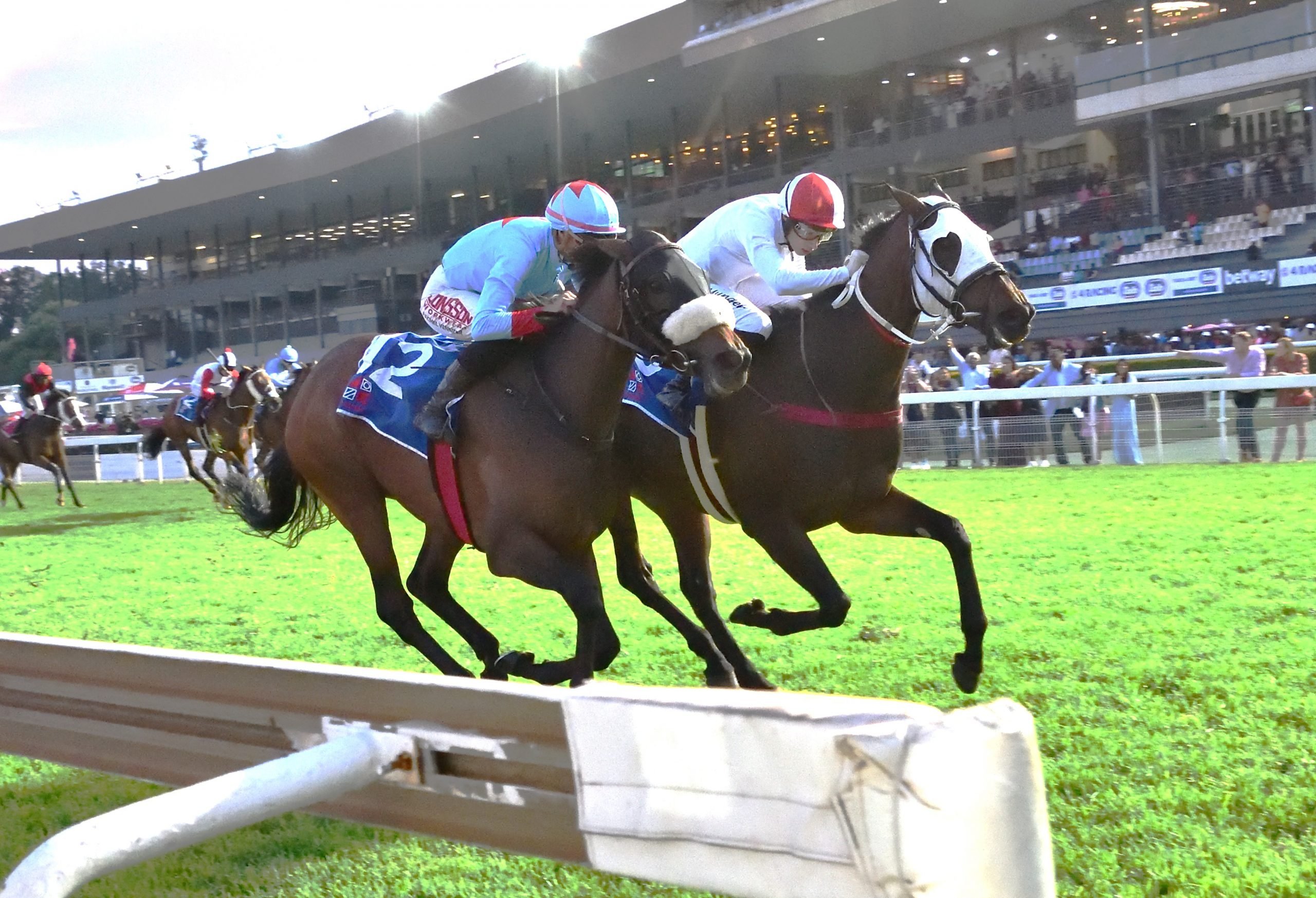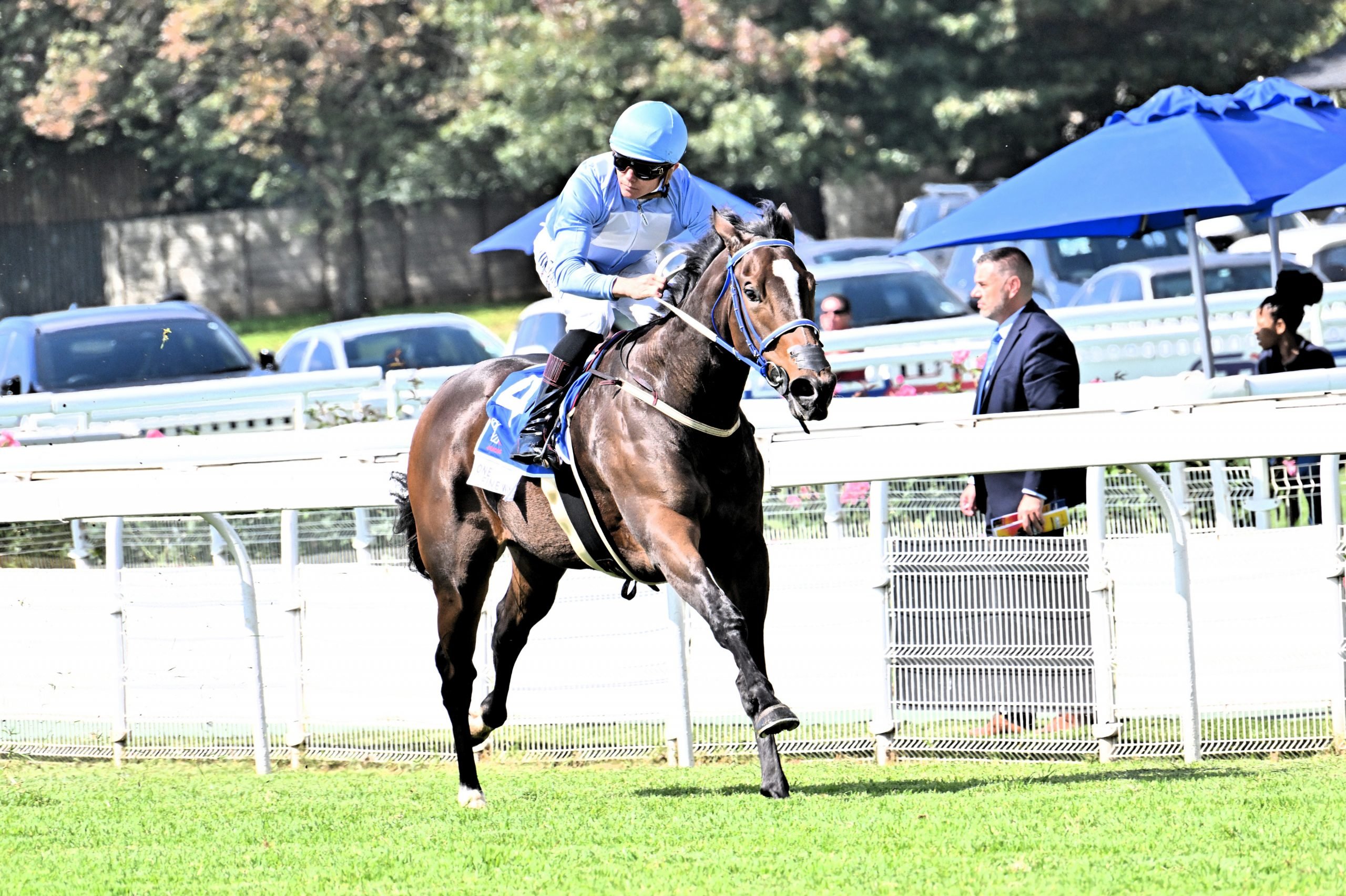Due to the persistent AHS vaccination shortage, the National Horseracing Authority recently extended the window period for horses’ resident in the AHS infected zone to 31 December 2024.

Horses resident in the AHS controlled area may only be vaccinated between 1 June and 31 October.
No horse resident in the AHS surveillance and free zones shall be vaccinated against AHS without official permission from the Boland State Vet.
While it will be of little comfort to horse owners, City Press reported on Sunday morning that Agricultural Minister John Steenhuisen has uncovered a scandal in which R500 million allocated to the department cannot be accounted for.
According to the report, the previous administration was given a grant by government to revamp an important facility that produces many of the vaccines needed for animal health in South Africa. A forensic audit is likely to follow.
Agriorbit reported in July that South African horse owners are once again entering African horse sickness (AHS) season with a shortage of vaccines according to role players in the industry. Waiting lists at animal hospitals and equestrians unable to compete due to the lack of vaccines are slowly becoming the new norm as Onderstepoort Biological Products (OBP) struggles to meet the demand.
OBP representatives say that they have been distributing the AHS vaccine for the past few weeks and are continuing to do so. They claim that the vaccines will be sufficient for this season and anticipate more availability in September 2024. However, Dr Evert Olivier, a veterinarian at Bapsfontein Animal Hospital, shares his concerns about the lack of vaccines provided by OBP: “Availability of the AHS and other vaccines from OBP is a big problem”. Olivier explains that their vaccine supply is low, and clients must be placed on a waiting list if they want vaccines for their horses.
Glynn Catton, an industrial veterinary consultant and owner of Stride Distributors says there is a “major dilemma” concerning the lack of AHS vaccines in South Africa. According to Catton, Namibia did not receive vaccines last season and subsequently cannot compete in equestrian sport in South Africa. Dr Sheelagh Higgerty, from the South African Equestrian Federation and national head veterinarian for the International Federation for Equestrian Sports, confirms that unvaccinated horses cannot compete. She says that despite the vaccine scarcity, equestrian events in South Africa are proceeding normally this season as there is no ‘epidemic of deaths’. Event cancellations depend on localised outbreaks.
Design Biologix is in the process of developing a new AHS vaccine but will not be able to assist horse owners this season. “We are developing one, but are still far from finished,” said Angela Buys, CEO of Design Biologix. The company actively monitors virus strains. Dr Otto Koekemoer, R&D manager at Design Biologix, explains that although the AHS virus genome undergoes continuous changes, there is no formation of new serotypes. Therefore, the effectiveness of new vaccines is still being tested for their ability to neutralise viruses of the known serotypes.








